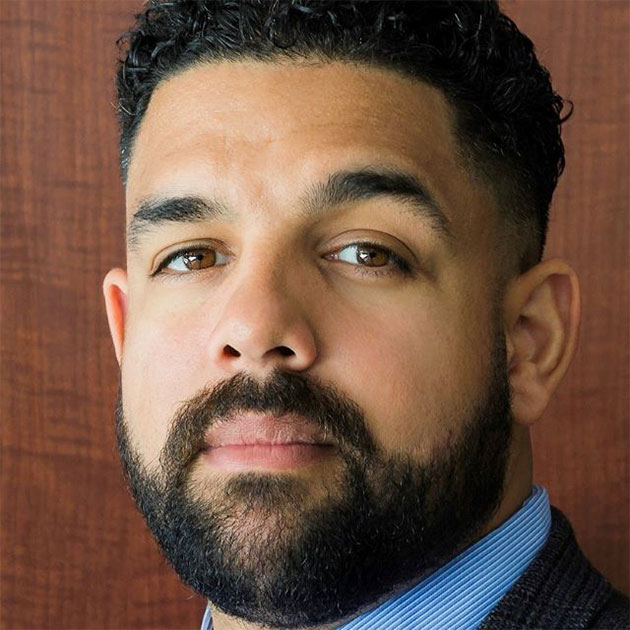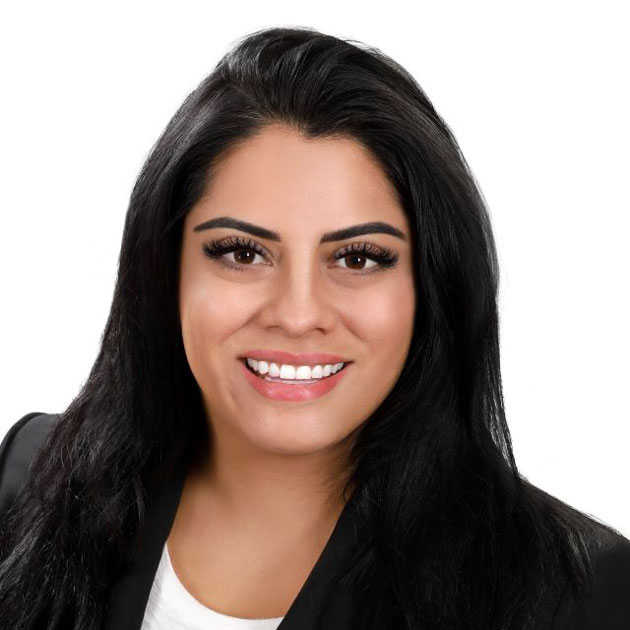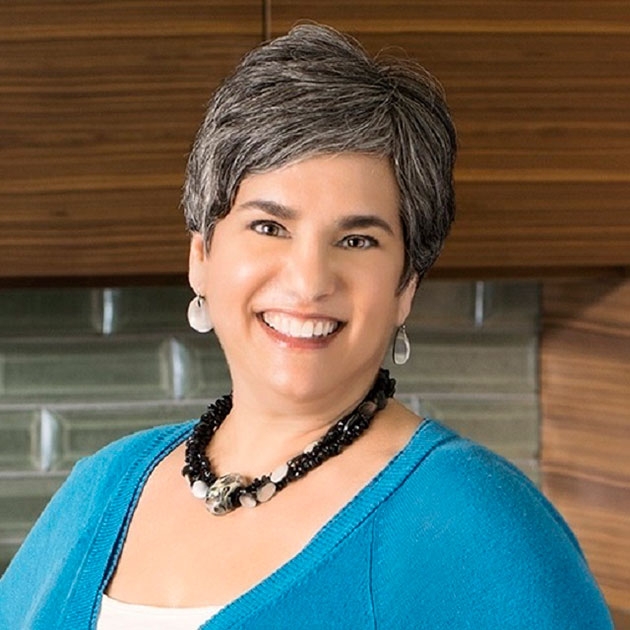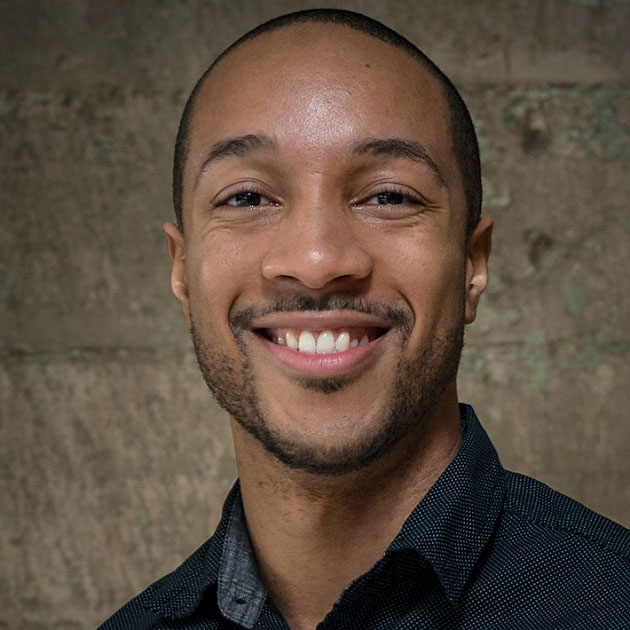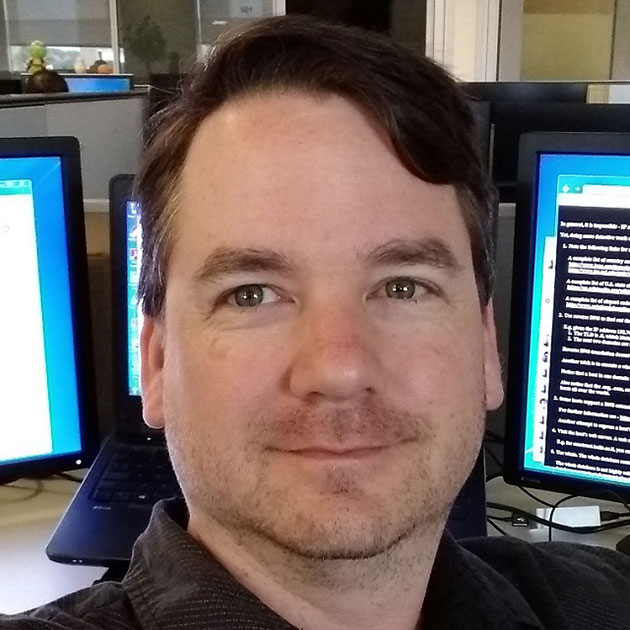
Caliber Home Loans, Inc.; Svp And Deputy General Counsel
After Meyers received her BSBA and MBA at UT Dallas, she went to University of Illinois College of Law, graduating in 2009 with a law degree. She returned to the North Texas area, working for a couple law firms before moving to Caliber Home Loans. Outside of her “day job,” Meyers has been very active doing pro bono work through the Human Rights Initiative of North Texas. She currently serves as chairman of that nonprofit agency, which provides local service to refugees and immigrants who have suffered human rights abuses.
What do you enjoy about your current position/profession?
My current role at Caliber Home Loans allows me to use my business and legal degrees together to provide legal advice that isn’t blind to business realities. Most of the time there is a way to avoid risk without bringing the company to a screeching halt and I love finding ways to balance those often highly competing priorities.
How do you see your profession changing in the next five or 10 years?
It seems ridiculous to be saying this in 2017, but women in all professions still struggle to be treated/paid/respected as equals. I have seen improvement even in the last couple of years but I expect that trend to continue over the next five to 10 years. I have to hope it will!
What unexpected experience or event has shaped and/or influenced your current professional life?
The first law firm I worked for faced difficult economic times. I think it was naïve of me to not consider this possibility when I began my legal career but I was blindsided by the upheaval. I was certain I would stay at my first firm and make partner. I never considered moving firms or going in-house. Then, all of my partners and clients moved to another firm and asked me to go with them. In the end, this is what led me to reconsider everything. I decided to take a leap with a different career path of becoming in-house counsel and I haven’t looked back.
What is a professional highlight of your career, either where you currently work or in the past?
I have worked on a number of pro bono asylum cases. Each time I help a client win asylum in the United States, this is a pivotal moment for me – this is truly life-saving work and I’m so grateful that I have had the opportunity to do it.
What characteristics do you look for when hiring people into your workplace?
Attitude is No. 1. Even one person can shift the dynamic in an office so the ability to be positive and to get along with others is key. But I don’t hire shrinking violets either. Strong, confident and hardworking, but balanced with a willingness to learn and just the right amount of humility.
Why did you come to UT Dallas?
Geography, the Jindal School of Management, and a very generous scholarship.
What is your favorite UT Dallas memory?
Dr. Tony Champagne (professor of politics in the UT Dallas School of Economic, Political and Policy Science) once invited all of the officers of the John Marshall Pre-Law Society (a student organization at UT Dallas) to an event at Belo Mansion in Dallas. We were able to meet with UTD alumni who were practicing attorneys. At the time, it felt so formal to us but Dr. Champagne did us a huge favor that night. That was our first “networking event” and it was an opportunity to build key networking skills I’d need during my first job search and throughout my career. Also, there was a chocolate fountain that I enjoyed more than I probably should have.
Did a UT Dallas professor inspire you? Who was that and how was that person inspirational?
Dr. Tony Champagne, of course. He is a brilliant, charismatic professor who also genuinely cared about the professional development of his students. He was painfully honest at times – like the time he tore apart my senior honors thesis. But in the end he was right (no surprise). I was also very inspired by one of my history professors, Dr. Francis Flavin. Obviously I’m not a history major and I, like every other student who took HIST 1301, assumed it would be a breezy course. I was wrong. Dr. Flavin insisted on attendance, arriving on time, being prepared, and eloquently written essays. This was during my first semester at UT Dallas and I can thank him for pushing me outside of my comfort zone and learning to always present the best work I can. (Neither Champagne nor Flavin still teaches at UT Dallas.)
What advice do you have for college students hoping to succeed professionally?
A. Make big decisions: The unhappiest professionals I know are those who feel “stuck.” They want to be doing something else but don’t make the leap to do it. For example, many lawyers in “big law” wish they were doing something to “save the world” instead. There are really only two options: 1. Stay in big law but devote yourself to pro bono work in order to feel inspired; or 2. Find a job in public interest and change careers. However, so many people I know choose to do neither and then take on lifestyles they can’t afford, meaning that the chances of moving to public interest only decrease. Make the big decision: Choose to find happiness in your career. B. Make small decisions: When people ask you to meet for a meal or a drink, say yes or no – not maybe. When co-workers ask your opinion, give one. Very few people actually have good judgment and use it. Demonstrating the ability to make a decision will set you apart. C. Fess up: Don’t pretend to be an expert on something if you’re not. Saying “I don’t know but I’m willing to learn” will result in people being willing to teach you. Also, don’t hide mistakes you’ve made. Own up to them and then demonstrate leadership by investing in solutions and ways to prevent the problem from happening again. D. Live below your means: This really relates to my point on making big decisions but living below your means gives you the flexibility to make changes in your career or take risks. Hire a financial adviser. Start planning for retirement now. Have an emergency savings account. Consider splurging on the new car or house after all of those things are in place.
What makes an effective leader?
I’ve learned that being successful doesn’t happen by following just one path or taking just one kind of approach. I’ve witnessed highly effective leaders take very diverse approaches with their teams. For me, I think the key is understanding that I have a lot to learn from my team and making sure that the marching orders are as clear as possible. I like to propose suggestions and ask my team to poke holes in the idea. Or I like to ask for an open forum of ideas that we weigh together before making the final decision. This is not a long process – we talk about it, we weigh the options and then everyone leaves with a concrete understanding of the plan of action. In my experience, indecision is worse than a less than perfect decision. Team buy-in requires ensuring that everyone feels heard, respected and appreciated.
What do you enjoy doing in your free time?
Traveling, gardening and having animated conversations with my husband and our closest friends.

